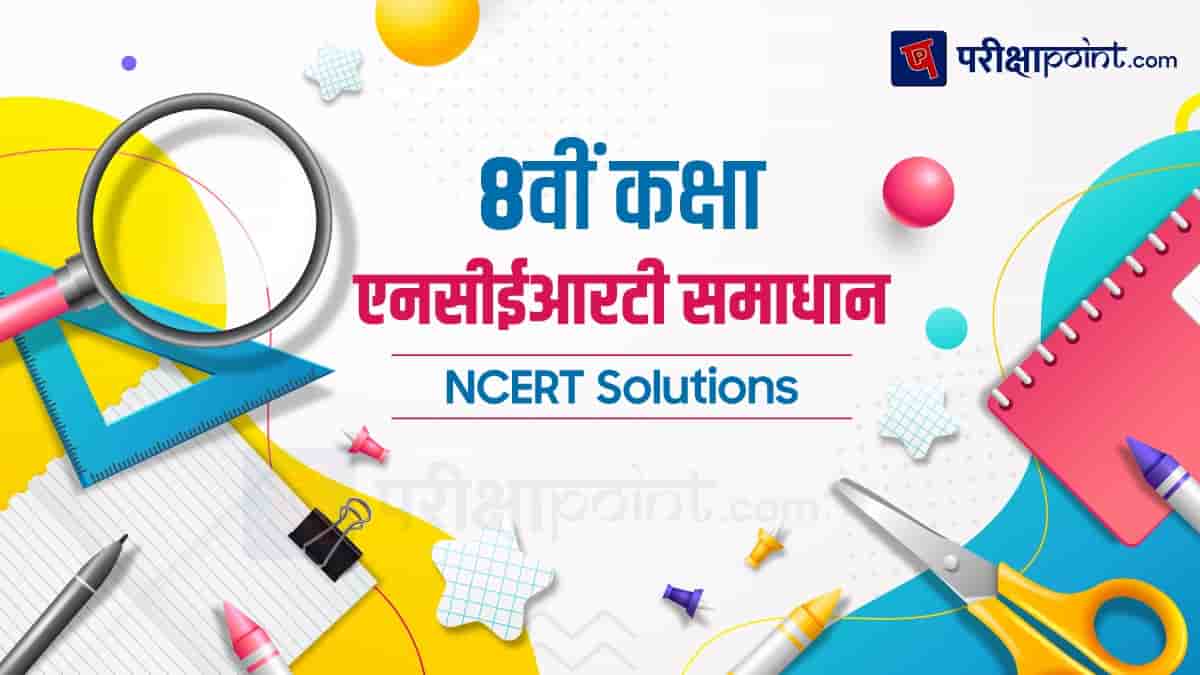Students can get through this article NCERT Solutions Class 8 English it so happened Chapter 11 Ancient Education System of India. Complete solution of it so happened class 8 lesson 11 is given in this article. class 8 English book it so happened question answer is completely free. Students can prepare for the examination in a better way with the help of question answers for class 8 English chapter 11. Let us then see below the ncert solutions for class 8th english it so happened chapter 11 Ancient Education System of India.
NCERT Solutions Class 8 English it so happened Chapter 11 Ancient Education System of India
The purpose of ncert solution for class 8 english it so happened is only to give good education. NCERT Solutions Class 8 English it so happened Chapter 11 Ancient Education System of India prepared with the help of National Council of Educational Research and Training. The question answers of class 8th English book NCERT are designed keeping in mind the CBSE syllabus. Check out the NCERT solutions for 8th class English book lessons from below.
Class : 8
Subject : English (it so happened)
Chapter : 11 Ancient Education System of India
Comprehension check:-
Qus 1. Why were travellers attracted towards India ?
Ans. The travellers attracted towards India because to them India was a land of wonder. The fame of Indian culture, wealth, religions, philosophies, art, architecture, as well as its educational practices had spread far and wide. The education system of ancient times was regarded as a source for the knowledge, traditions and practices that guided and encouraged humanity.
Qus 2. What were the sources of the ancient education system ?
Ans. Vedas, Brahmanas, Upanishads and Dharmasutras. Medical treatises of Charaka and Sushruta teachings were the sources of the ancient education system.
Qus 3. What were the features of education system in ancient India ?
Ans. Teaching and learning followed the tenets of Vedas and Upanishads fulfilling duties towards self. Family and society, thus encompassing all aspects of life. Education system focused both on learning and physical development. In other words, the emphasis was on healthy mind and healthy body. Education in India has a heritage of being pragmatic, achievable and complementary to life.
Qus 4. What was the role of guru in pupils ‘ lives ?
Ans. The Gurus and their pupils worked conscientiously together to become proficient in all aspects of learning. In order to assess pupils’ learning, shastrartha (learned debates) were organised. Also, pupils at an advanced stage of learning guided younger pupils.
Comprehension Check
Qus 1. Where did nuns and monks receive their education ?
Ans. Monks and nuns received their education in monasteries or viharas which were the centres of art and learning.
Qus 2. What is Panini known for ?
Ans. Panini was expert in language and grammar. He is known for his book Asthadhyayi which is one of the greatest work on grammar.
Qus 3. Which university did Xuan Zang and I – Qing study at ?
Ans. Xuan Zang and I – Qing studied at Nalanda University.
Qus 4. Which subject did Xuan Zang study in India ?
Ans. Xuan Zang studied Yogashastra in India.
Qus 5. How did society help in the education of the students ?
Ans. All members of society contributed for the cause of education in some form or other. They give donations in the form of money, building and land.
Exercise
Discuss the following questions in small groups and write your answers .
Qus 1. Which salient features of the ancient education system of India made it globally renowned ?
Ans. The education system of ancient India was regarded as a source for the knowledge, traditions and practices that guided and encouraged humanity. This system gave a training of the body, mind and spirit. It aimed at the holistic development of the individual.
Qus 2. Why do you think students from other countries came to India to study at that time ?
Ans. In ancient education system of India the main objective was to have complete learning, leading a disciplined life and realising one’s inner potential. It aimed at the holistic development of the individual. Influenced by all this, students from other countries came to India to study.
Qus 3. Why is education considered a way of life “ ?
Ans. Education is considered a way of life. It is the base of the moral values of life. It makes man perfect in all aspects of life. It has the most valuable role in life. Life without education is not better than the lives of animals. That is why education is considered a way of life.
Qus 4. What do you understand by holistic education ?
Ans. The kind of education that is focused on the moral, physical, spiritual and intellectual aspects of life is called holistic education. It emphasises on values such as humility, truthfulness, discipline, self-reliance and respect for all creations.
Qus 5. Why do you think Takshashila and Nalanda have been declared heritage sites ?
Ans. Takshashila and Nalanda were the most famous universities of their times. They were known for their higher education. These universities were considered among the best centres of learning in the world. Due to their historical importance in the field of education, both of these places have been declared heritage sites by the UNESCO.
Check below all chapters of NCERT Solutions for Class 8 English it so happened
Students must have been very happy to get ncert solutions for class 8 english it so happened Chapter 11 Ancient Education System of India. It is our endeavor to give better knowledge to the students. Also you can get NCERT Solutions and NCERT Books in Hindi from NCERT page of parikshapoint.com.
| To the main page of this article | click here |


